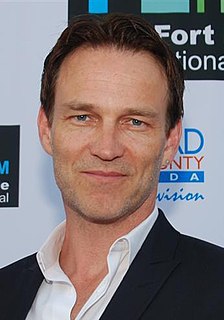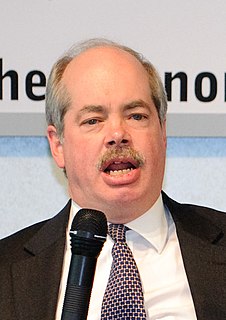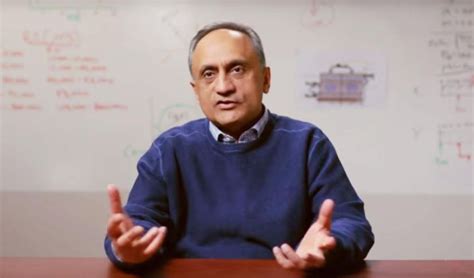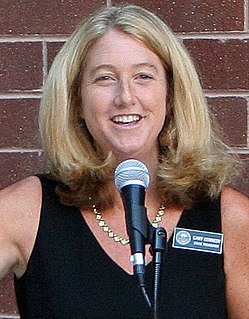A Quote by Charles Duhigg
One goal of the Clean Water Act of 1972 was to upgrade the nation's sewer systems, many of them built more than a century ago, to handle growing populations and increasing runoff of rainwater and waste.
Related Quotes
Water is one of the most basic of all needs - we cannot live for more than a few days without it. And yet, most people take water for granted. We waste water needlessly and don't realize that clean water is a very limited resource. More than 1 billion people around the world have no access to safe, clean drinking water, and over 2.5 billion do not have adequate sanitation service. Over 2 million people die each year because of unsafe water - and most of them are children!
I say we have not even had the decency to maintain the assets that our parents and grandparents built for us - our roads, our bridges, our wastewater systems, our sewer systems; by the way, those weren't Bolsheviks, those weren't socialists that built those things for us - much less build the infrastructure we need for the 21st century.
The Safe Drinking Water Act, the safety provisions of the Clean Water Acts, the Clean Air Act, the Superfund Law - the gas industry is exempt from all these basic environmental and worker protections. They don't have to disclose the chemicals they use. They don't have to play by the same rules as anybody else.
The military is the largest polluter in the country, and so you have a lot of military waste contaminating reservations - as, for example, on the Skull Valley Goshute Reservation, where 5,000 sheep died in some kind of experimental military nerve gas test 10 years ago. Many of our communities are dealing with that kind of waste, and an absence of political will to clean them up.
Clean water is a necessity that we can no longer take for granted. Each year more people die of water related diseases than any other cause of death on this planet. With a higher rate of suffering and mortality than diabetes, cancer, high cholesterol, or war; or any two combined for that matter! An entire economy is growing around water. Those without money are suffering the most and risk severe illness from contaminated sources
Rather than forcing local factories to clean up after themselves, Changzhou decided to outsource the job of managing its water supply to a French company named Veolia - one of a handful of corporate giants now scrambling to take over city water systems around the planet, especially in the often polluted and water-short developing world.
In the Middle East, where populations are growing fast, the world is seeing the first collision between population growth and water supply at the regional level. For the first time in history, grain production is dropping in a geographic region with nothing in sight to arrest the decline. Each day now brings 10,000 more people to feed and less irrigation water with which to feed them.































